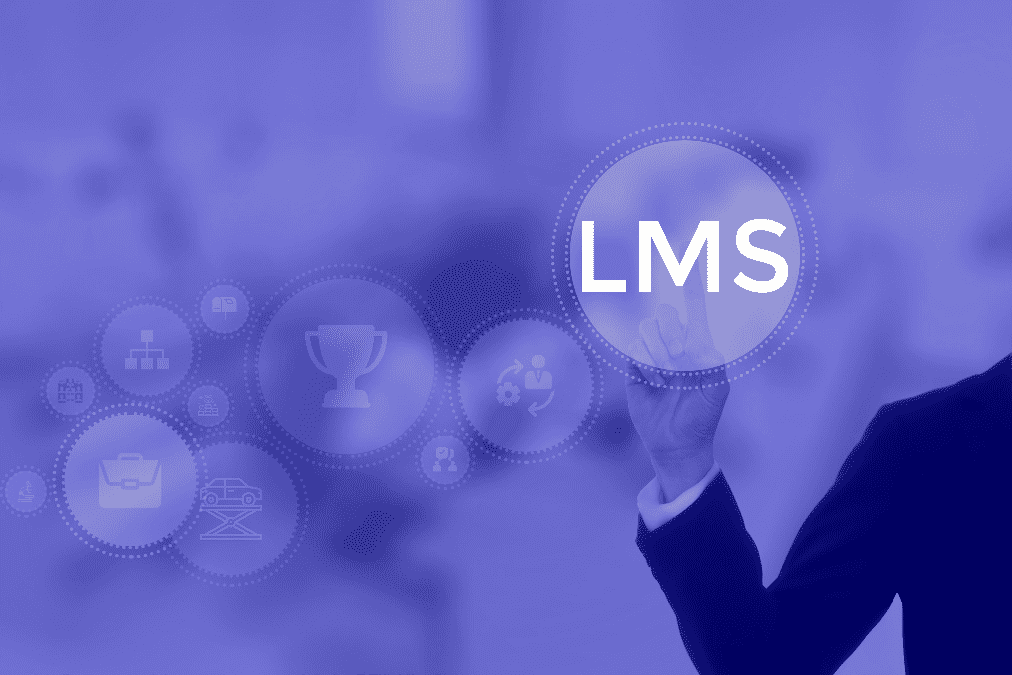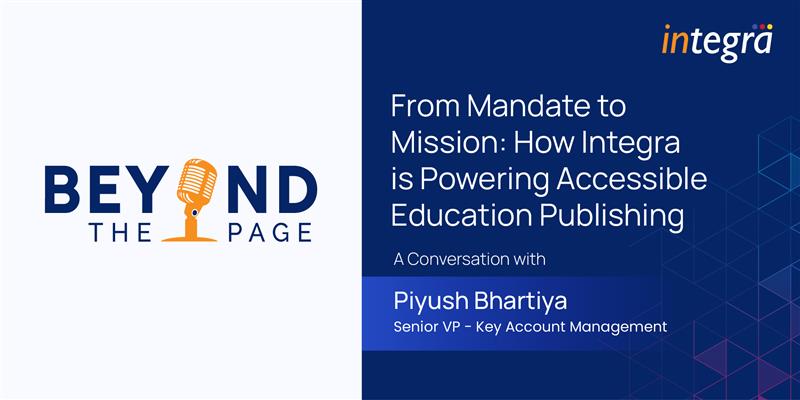
The finance sector is no stranger to rapid change, complex information, hybrid working environments, stringent compliance, high-risk activities, and cutthroat competition. The importance of employee training for such a dynamic industry cannot be stressed enough. It can impact customer satisfaction and retention, employee engagement and performance, product and service success, and business growth.
The Cost of Outdated Knowledge and Skills
For any industry, the cost of outdated employee education translates into a lack of innovation, high attrition, productivity reduction, inadequacies in the leadership pipeline, and competitive setbacks in the domain. Companies lose about $13.5 million per 1,000 employees annually to ineffective training. For the finance industry, it is even more critical, since reputation and customer funds are at stake. Further, compliance training is imperative for the finserv domain.
Did you know that 23% of organizations do not have a compliance training program in place even now? Even worse, a recent Gartner survey revealed that 32% of employees admitted that relevant information wasn’t readily available when they missed a compliance obligation and another 20% said did not even recognize that information was required.
But there is good news too. Technology can provide the right enablement tools to facilitate continued learning in the ever-changing financial landscape. Digital learning management systems (LMSs) are transforming how organizations view and deliver employee education. Strong training cultures have proven to improve employee retention by 30% to 50%.
LMS: Not Just a Training Tool
A training program has multiple goals to achieve:
- Evaluate training requirements for business continuity and growth and adapt training to each stage of business evolution.
- Assess training requirements for policies, procedures, and controls due to internal or external regulatory modifications or learning loss that naturally occurs over time.
- Recognize individual skills and skill gaps to improve the efficacy of training programs.
- Analyze the ROI of training programs and offer insights to improve all aspects of training.
For financial institutions, there are a few additional activities:
- Assessing the governance framework and factor controls and responsibilities in the training program.
- Develop a multi-tiered employee education strategy for line-specific, general awareness, and management purposes.
- Develop a financial literacy, and compliance-readiness matrix to facilitate learning planning and assess job readiness of team members.
Addressing Compliance and Training Challenges with an LMS
All of the above can be accomplished with the help of an AI/ML-powered, data-centric LMS that curates adaptive learning pathways, tailored to individual needs. Further, automated assessments and simulated case handling can facilitate reporting and ensure compliance across business functions.
These platforms also instill and assess risk identification, mitigation, and incident management capabilities of employees and keep managers updated about their progress and client readiness.
Automated curriculum upgrades and training requirement assessments, powered by predictive analytics, ensure that the organization is always audit-ready, without any gaps in policy enforcement and implementation.
LMSs Enhance Operational Efficiency and Risk Management
- Combining learner and organizational data with regulatory and compliance data from legislative bodies’ training guidelines is automatically streamlined by AI-powered LMSs.
- Planning and scheduling face-to-face, self-paced, and time-critical training, along with ensuring attendance or flagging absence, is taken care of by the LMS.
- Group training and discussion forums facilitate collaborative operations and create a culture of friction-free communication across business processes within the organization.
Preparing for the Future
With decentralized finance management and transparent money movement, providing training to ensure compliance and empowering sales teams to adequately communicate the benefits of products and services becomes critical in the highly competitive financial domain.
Upgrading the learning process with an LMS powered with technologies such as AI, ML, NLP, etc., not only fosters a culture of continued learning but ensures the preparedness of the company for technology or financial mindset-triggered disruptions in the industry. Augmenting business processes with future-ready learning is key driving business growth.
Talk to the experts at Integra to know how a custom LMS can transform not just employee education but business operations for your financial firm.
Recent Blogs

From Mandate to Mission: How Integra is Powering Accessible Education Publishing

Beyond Business as Usual: Why Integra’s Sustainability Story Matters More Than Ever


